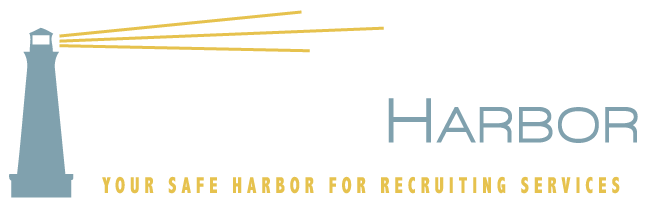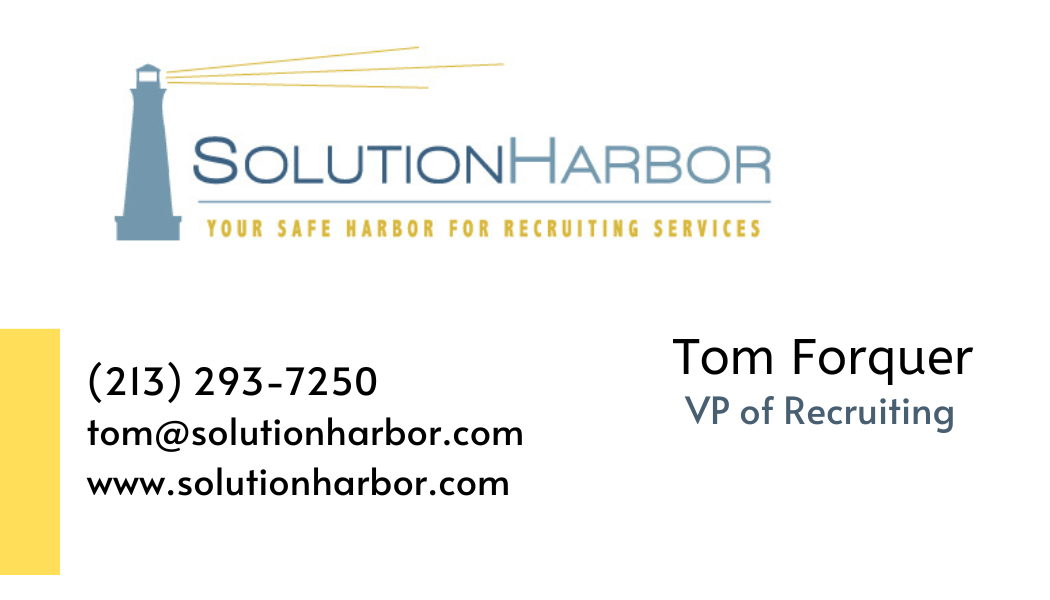Hiring remote workers can have many benefits.
You can draw from a larger talent pool, it gives you an edge in the competition for talent and you can save money on office space.
However, remote work isn’t for everyone.
Here are some questions you can ask to make sure a candidate is a good fit for remote work and your organization:
Have you worked remote previously? How did you like it?
Remote work is alone work. Have they worked as their own little island before and been o.k.? If so, you can put this concern aside. If not, it would be wise to dig deeper about whether or not someone is ready to work in isolation.
What’s your workspace like?
There’s quite a few possibilities–from a dedicated office, to the corner of the bedroom to the kitchen counter.
We’re looking for either evidence that this person already has a functioning space or has thought about it. The kitchen island might have worked in a pinch during the pandemic but is it sustainable for the years ahead?
What’s the appeal of remote work to you?
Avoiding heinous traffic, having more time for family, accessing career options beyond their geography–those are all reasons that are good to hear.
If their answer is a vague reference to work-life balance or flexibility then you should dig deeper. We’re trying to flush out anyone who wants to double dip on your opportunity and others, wants to be free of oversight or anything else that isn’t above board.
Are you available to travel?
Most of our clients who hire remote workers do a one week, in-person training for new, remote hires. Some also like to fly people out for company parties, all-hands meetings and other occasions.
While most people are fine with this, I talk with some candidates who can’t travel because of child care, pet care or other challenges.
Have you given any thought to your long-term career goals?
This question should be asked of all candidates (remote or otherwise) because it gives you a sense of their ambitions and allows you to estimate their potential tenure as your employee.
Can their career goals be accomplished at your company? In the case of a remote employee, can they advance while remote? If they’re gunning for upward movement but the next position up requires in-person, this might not be the role for them.








